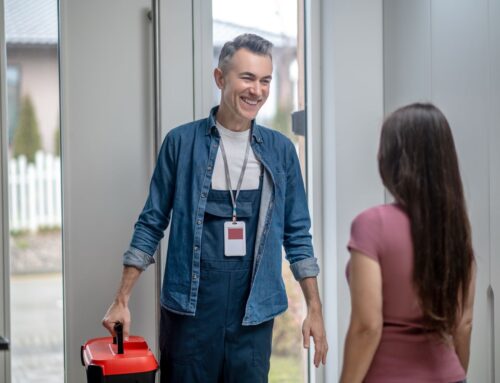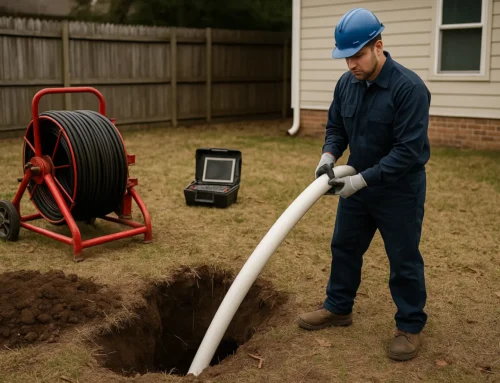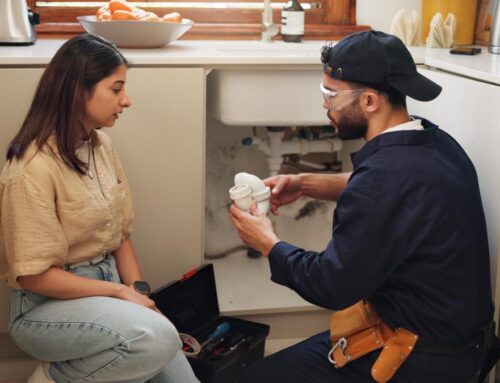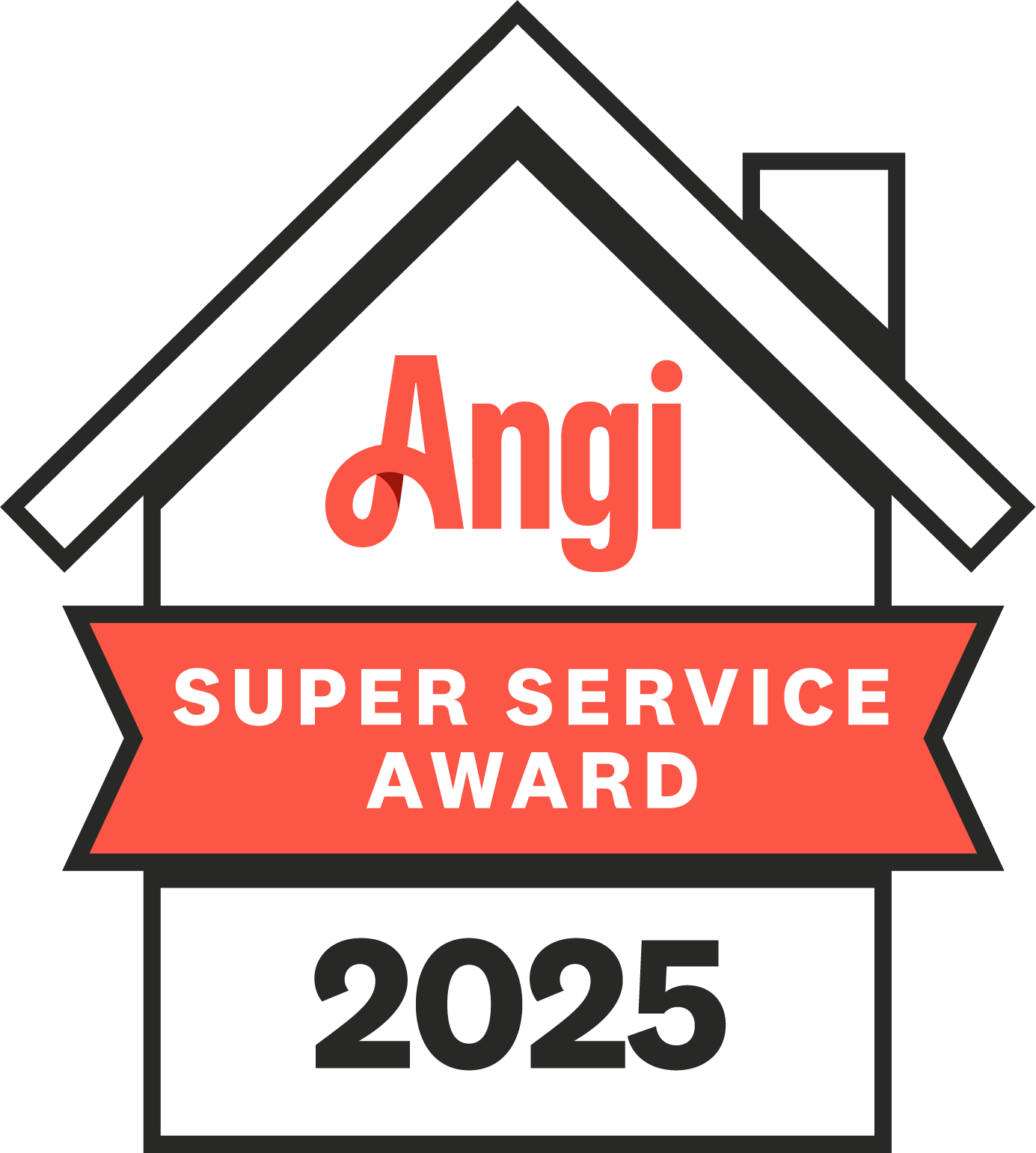When extreme heat settles in for days or weeks, it doesn’t just make life uncomfortable also this Heatwaves Affect Your Plumbing. It also puts stress on your home’s plumbing system. High temperatures can dry out the ground, causing soil movement that strains underground pipes. Inside your home, hot weather often leads to higher water demand, which can lower water pressure and reveal weak spots in older pipes. One area worth paying attention to is water pressure regulation, since it’s often the first sign something is wrong when a heatwave hits. Learning how heat impacts plumbing gives you the chance to act before leaks, bursts, or sudden water shortages disrupt daily life. In this article, we’ll explore the specific ways heatwaves affect plumbing, the warning signs to watch for, and practical steps you can take to keep your home’s system running smoothly.
Why Plumbing Struggles During a Heatwave
Plumbing systems are built to handle normal temperature changes, but extreme and prolonged heat is different. When the ground dries out, it shrinks and shifts, which can put pressure on underground water lines. At the same time, hot weather pushes people to use more water, watering lawns, filling pools, or running sprinklers, making demand on the system spike. This double effect often leads to lower water pressure, leaks, or even broken pipes.
Soil Movement and Pipe Stress in Hot Weather
One of the most overlooked ways heat affects plumbing is underground. Soil naturally holds moisture, but during a heatwave, it dries up quickly. As it shrinks, the ground loses its grip on buried pipes, sometimes causing them to shift or crack. In clay-heavy areas, this problem becomes worse because clay expands when wet and contracts when dry, putting constant stress on pipes. This movement can create small leaks that go unnoticed until they cause water damage or higher bills.
How Heat Increases Water Usage and Lowers Pressure
During hot spells, people tend to use more water without realizing it. Sprinklers, garden hoses, and air conditioning systems that rely on water all add demand. Municipal water systems sometimes struggle to keep up, and when demand is high, pressure drops. That’s why many homeowners notice weaker showers or slower faucet flow during extreme heat. If your system already has aging pipes or clogs, heat-related demand can make those issues much worse.
Signs Your Plumbing Is Struggling in a Heatwave
Paying attention to early signs helps prevent costly damage. Some of the most common red flags include:
- Sudden drop in water pressure throughout the house
- Strange noises from pipes, such as banging or whistling
- Small uddles are forming around the foundation or yard
- Higher-than-usual water bills without extra usage
- Faucets sputtering or delivering uneven flow
If you notice these symptoms during a heatwave, it often means your plumbing is under stress and needs quick attention.
Common Problems Caused by Extreme Heat
Heatwaves bring several plumbing issues that can disrupt daily life. These include:
- Pipe Leaks: Soil movement or pipe expansion can create cracks.
- Pressure Regulator Failure: Regulators work harder under strain and can wear out faster.
- Low Water Pressure: High demand during peak hours can leave your home with weak flow.
- Blocked Drains: Outdoor drains may fill with dried dirt, leaves, or debris from heat-stressed plants.
- Water Heater Issues: Heaters sometimes overwork in hot weather because incoming water is warmer than usual.
Why Water Pressure Regulators Matter Most in Hot Weather
Among all plumbing parts, the pressure regulator often suffers the most during heatwaves. This small device keeps water pressure at a safe level for your pipes. If it fails, you could experience either dangerously high pressure, risking pipe bursts, or very low pressure that makes daily tasks frustrating. Checking and replacing old regulators is one of the smartest ways to prepare your home for summer heat.
Steps to Protect Your Plumbing During a Heatwave
There are several simple steps homeowners can take to reduce plumbing stress in extreme heat:
- Inspect visible pipes for signs of leaks.
- Check water pressure with a gauge to spot early changes.
- Use water at off-peak times to avoid demand surges.
- Spread out heavy water use, like laundry and showers.
- Make sure outdoor faucets and sprinklers aren’t dripping.
- Keep an eye on your foundation for cracks or moisture.
Long-Term Fixes to Make Your System More Heat-Resistant
If your plumbing struggles every summer, it may be time for upgrades. Long-term solutions include replacing old galvanized or clay pipes with modern materials like PEX or copper, installing smart water monitors that track leaks in real time, and adding soil-friendly landscaping that reduces ground movement. Even simple changes like installing a new pressure regulator can prevent big problems down the road.
Cost of Heatwave-Related Plumbing Repairs
Repair costs vary based on the damage. Small leaks might cost a few hundred dollars, while underground pipe repairs can run into the thousands. Ignoring heat-related warning signs often makes problems worse and more expensive to fix. Preventive maintenance and small upgrades usually cost less than emergency plumbing work caused by burst pipes or collapsed lines.
When to Call a Professional for Plumbing Issues
If you notice consistent low pressure, visible leaks, or signs of soil shifting around your home, it’s best to call a licensed plumber. Professionals have tools like pressure gauges, leak detectors, and cameras to quickly locate and fix problems. Acting early not only saves money but also prevents damage to floors, walls, and foundations.
Preventive Tips for Homeowners Year-Round
While heatwaves are extreme, plumbing needs care all year. To keep your system in good shape:
- Schedule annual inspections.
- Test your water pressure regularly.
- Insulate pipes to protect them from temperature swings.
- Keep gutters and drains clear.
- Fix small leaks immediately before they get worse.
These steps create a system that can handle both summer heat and winter cold.
Final Thoughts on Protecting Your Plumbing in Extreme Heat
Heatwaves aren’t just uncomfortable-they can be destructive to your home’s plumbing and water pressure. From shifting soil to increased demand, the strain on pipes is real and often costly. Watching for early warning signs, maintaining your water pressure regulator, and taking simple preventive steps can save you from major damage. By preparing your system before the next heatwave, you protect your home, your wallet, and your peace of mind.











